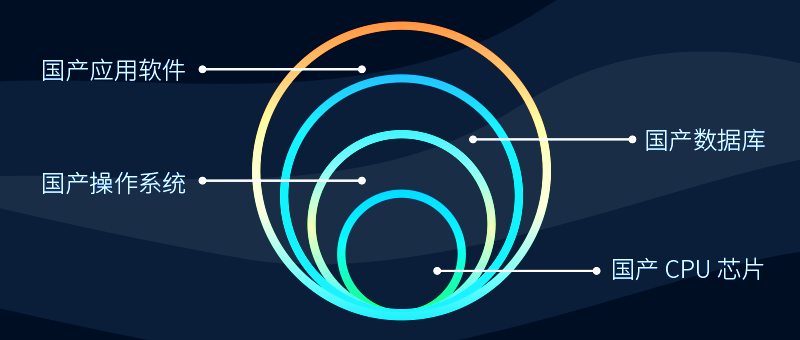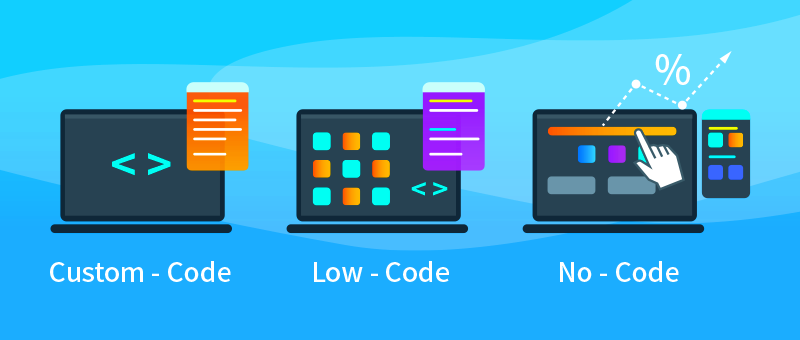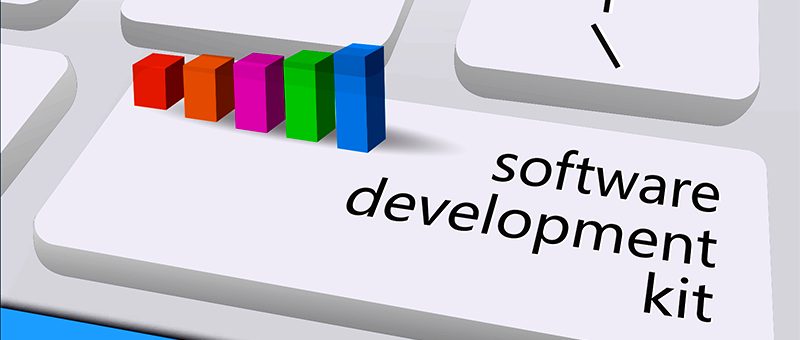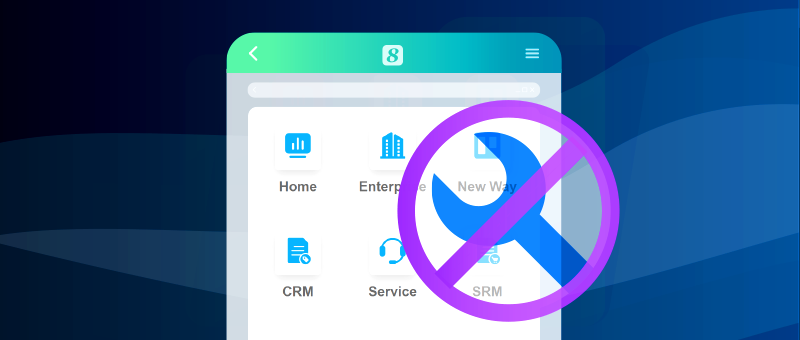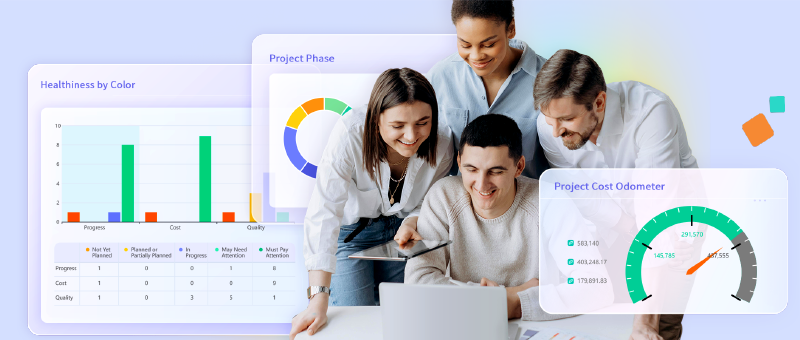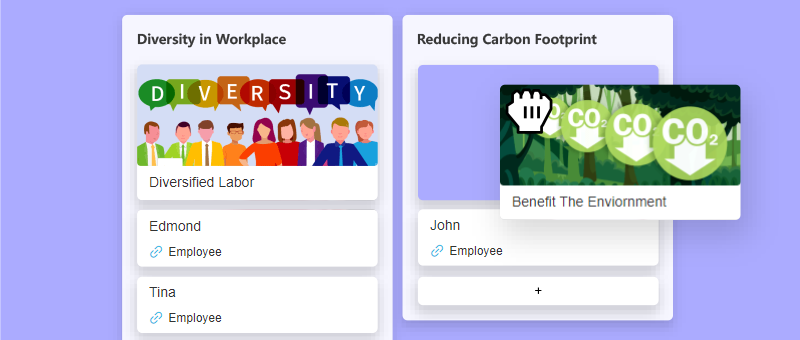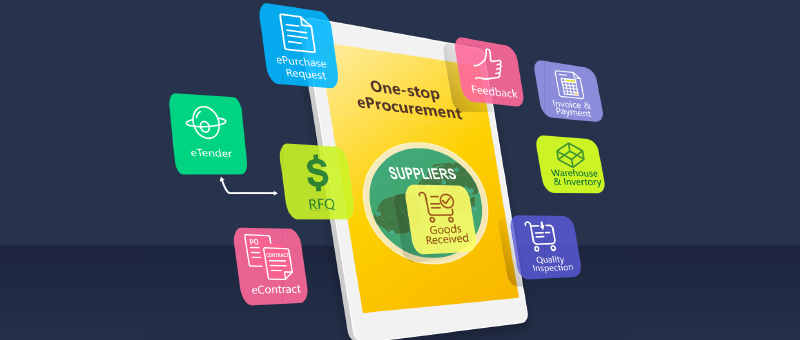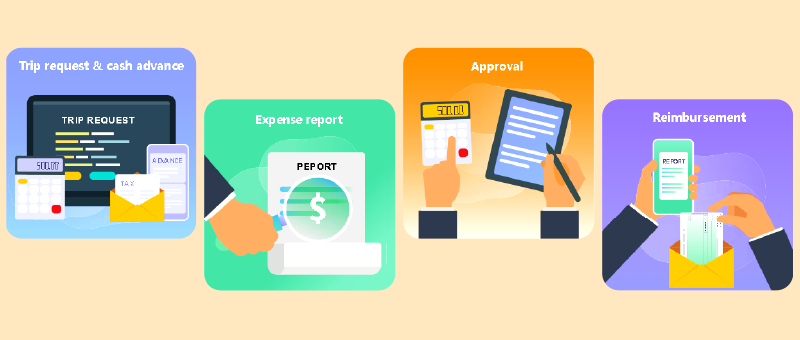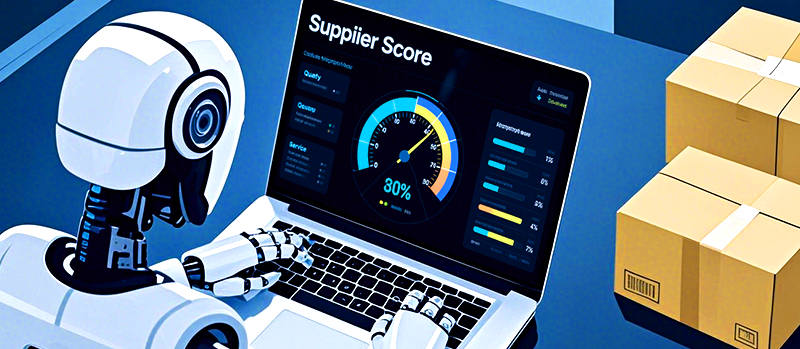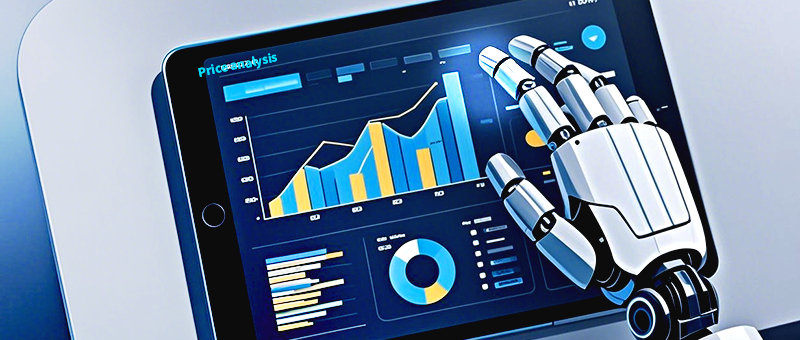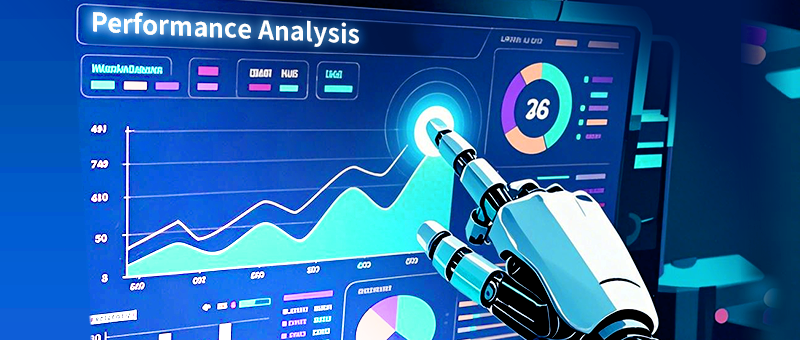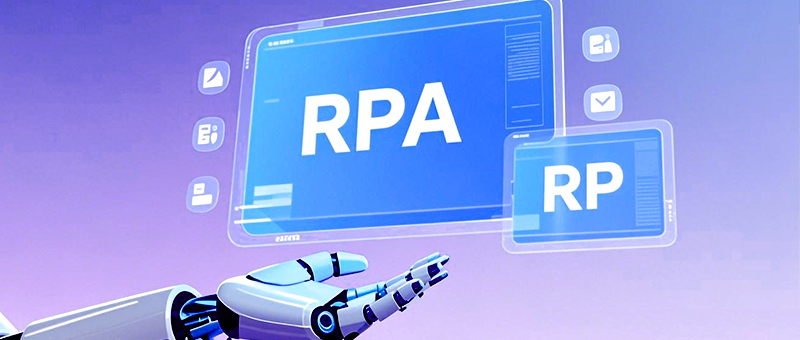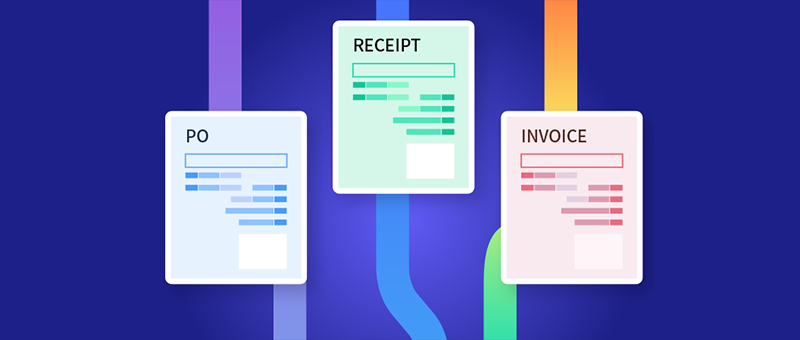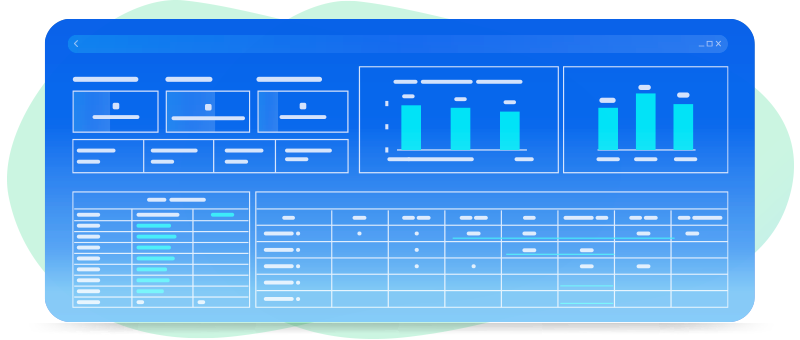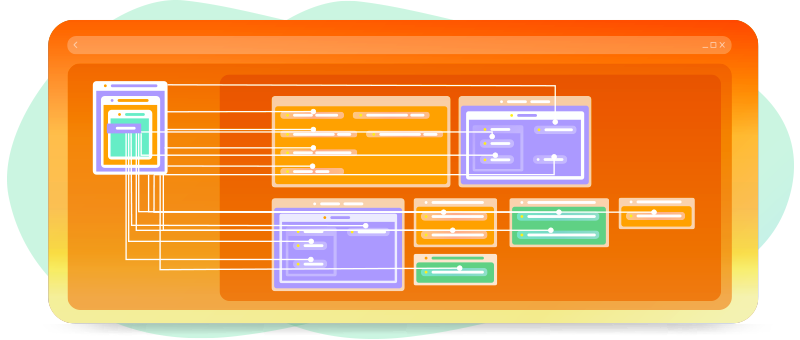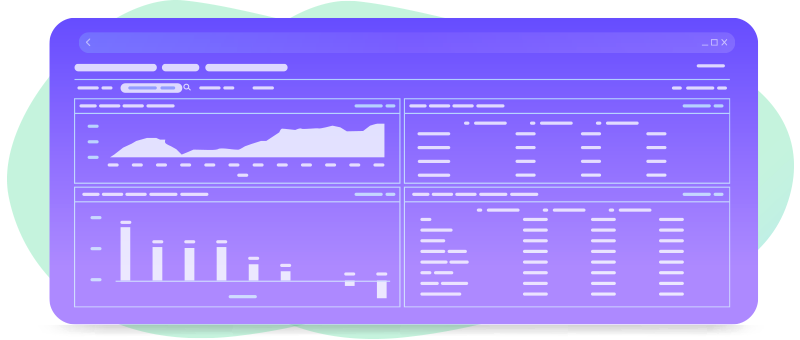Special News
How system integration companies can boost multi-project management efficiency with software
2025-03-10
In the fast-paced world of system integration, effective project management is a cornerstone of success. System integration companies are tasked with delivering tailored IT solutions, merging complex software and hardware systems, and juggling multiple projects simultaneously. Each project comes with its own timeline, task breakdown, and delivery expectations, making coordination a critical challenge.
For managers in this industry, ensuring projects stay on track, tasks are well-defined, and deadlines are met—especially across parallel projects—is no small feat. This is where project management software comes in. By adopting a robust, flexible tool, system integration firms can streamline internal collaboration, optimize workflows, and deliver top-quality results to clients. For companies prioritizing local deployment due to security or compliance needs, the right software can make all the difference.

Common challenges in multi-project management for system integration
System integration projects are inherently complex, often requiring cross-departmental teamwork and spanning multiple phases—think requirements analysis, solution design, development, testing, and final deployment. When managing several projects at once, companies frequently encounter these pain points:
1. Tracking progress across multiple projects
With several projects running concurrently, it’s tough for managers to monitor real-time progress. Relying on outdated methods like manual logs or Excel sheets often leads to delays in updates, creating information gaps that hinder quick decision-making.2. Task allocation and follow-up struggles
Complex projects involve numerous tasks and team members. Without a clear system, assigning tasks efficiently and tracking their status becomes a logistical nightmare. Miscommunication or lack of visibility can lead to duplicated efforts or missed deadlines.3. Limited Kanban management capabilities
System integration teams benefit from visual tools like Kanban boards to track task statuses, spot bottlenecks, and allocate resources effectively. Traditional approaches often lack the dynamic, real-time visuals needed for fast-paced environments.4. Delivery timeline pressures
Timely delivery is the backbone of system integration success, yet overlapping deadlines across projects can create chaos. Without a centralized tool, coordinating resources to meet every deadline with quality intact is a steep challenge.5. Security and local deployment demands
Handling sensitive client data is par for the course in this industry, and many firms prefer on-premises software to maintain control and meet compliance standards. This need for secure, localized solutions adds another layer of complexity when choosing tools.These challenges highlight the need for a comprehensive project management solution—one that tackles progress tracking, task management, visual oversight, delivery coordination, and secure deployment options head-on.
How project management software solves these issues
Modern project management software offers system integration companies a lifeline. By centralizing workflows, these tools enable better resource management, transparent progress tracking, and reliable delivery schedules. Here’s how they deliver value:
1. Real-time multi-project oversight
Top-tier tools provide a bird’s-eye view of all active projects, displaying milestones, progress updates, and risks in real time. Managers can instantly see if a development phase is on schedule or if testing needs extra manpower, cutting through the fog of scattered updates.
2. Streamlined task management and collaboration
With features like task breakdown and assignment, software simplifies even the most intricate projects. Team members get clear instructions and deadlines, while status updates keep everyone aligned—reducing the back-and-forth of emails or meetings.
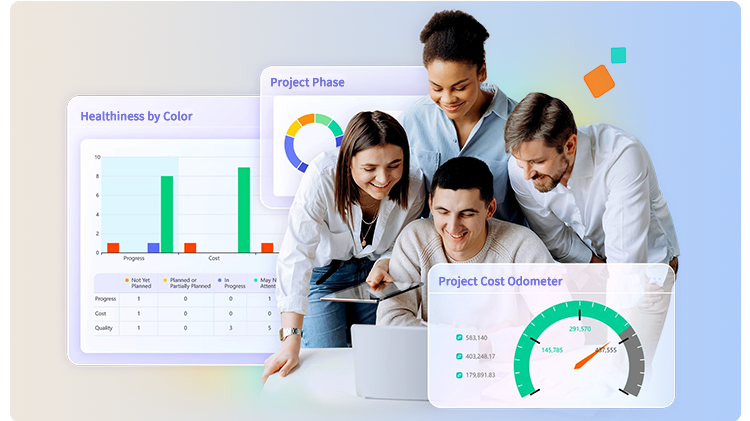
3. Kanban boards for visual clarity
A Kanban view transforms project tracking into an intuitive experience. Teams can categorize tasks as “To-Do,” “In Progress,” or “Done,” quickly identifying roadblocks and adjusting priorities. This is a game-changer for the collaborative nature of system integration.
4. Structured delivery tracking
Meeting deadlines without compromising quality is easier with software that maps out delivery timelines and monitors deliverables. Automated alerts flag critical milestones, giving managers a heads-up to step in before delays occur.
5. Local deployment for enhanced security
For firms prioritizing data privacy, software with on-premises deployment options ensures sensitive information stays in-house. This setup aligns with strict compliance needs while maintaining system reliability.
By addressing these core areas, project management software empowers system integration companies to work smarter, not harder.
Choosing the best project management software
With countless tools available, how do system integration firms pick the right one? Here are key factors to consider:
• Feature breadth: Does it cover multi-project tracking, task delegation, Kanban views, and delivery management?
• Customization: Can it adapt to your unique workflows and scale as your business grows?
• Local deployment: Does it offer on-site installation for security and stability?
• Ease of use: Is the interface user-friendly, minimizing the learning curve for your team?
• Support services: Does the provider offer dependable technical assistance and localized support?
Take a solution like 8Manage PM, for instance. It’s built with system integration in mind, offering multi-project tracking, task management, Kanban functionality, and secure local deployment. Its real-time synchronization of planning and execution helps managers make data-driven decisions in dynamic settings, making it a standout choice.
Why it matters for system integration success
Efficient multi-project management isn’t just about staying organized—it’s a competitive edge. System integration companies that harness project management software can resolve issues like chaotic schedules, vague task ownership, and late deliveries. Beyond that, they boost team synergy and resource efficiency, directly impacting client satisfaction.
For firms leaning toward local deployment, selecting a tool that’s both robust and secure is critical. Solutions like 8Manage PM shine here, blending real-time insights with flexible, on-premises capabilities. As digital transformation accelerates, project management software will only grow in importance, helping system integration companies differentiate themselves in a crowded market.
Final thoughts
In the system integration industry, mastering multi-project management is key to thriving. The right software doesn’t just solve logistical headaches—it elevates performance, ensuring projects are delivered on time and to spec. Whether you’re tackling progress delays, task confusion, or security concerns, a tailored tool can transform how your team operates.
For system integration leaders eyeing long-term success, investing in project management software isn’t optional—it’s essential. As tools evolve and businesses digitize further, those who adopt these solutions today will be the ones leading tomorrow.
Most popular

How IPD drives product R&D toward commercial success

Top procurement management systems to elevate your business in 2025

Are your project managers ready for AI?
Related articles







